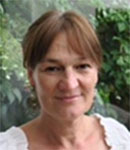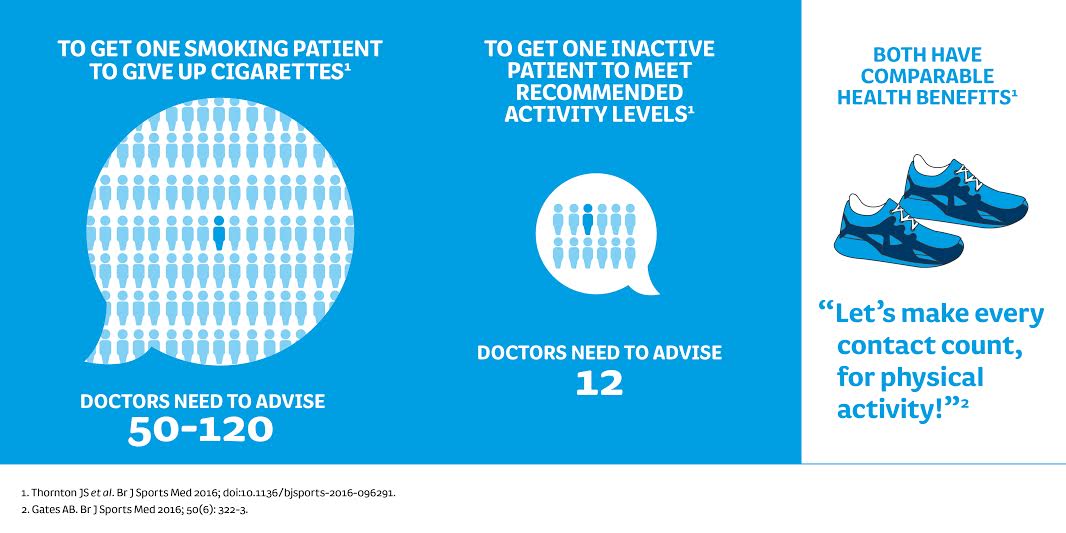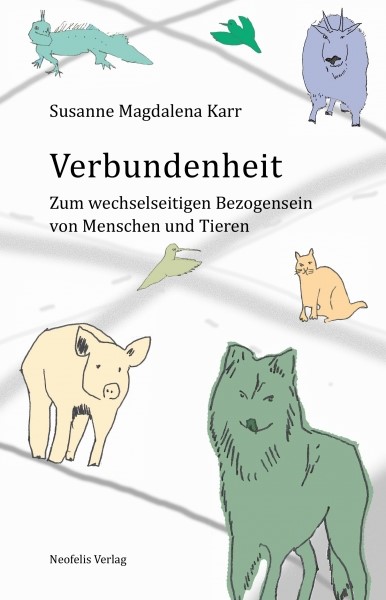Sarah Fardin, BMS graduate, presented on behalf of the NUAGE team at the BERA national conference in July. Her talk was titled: The value of student engagement in an innovative module about ageing – an undergraduate student’s perspective.
ABSTRACT
Student engagement in higher education has gained high profile attention due to its positive impact on learning and teaching (1). In particular, the concept of ‘student as partners’ is a development which has allowed engagement to be viewed as an active and reciprocal relationship rather than tokenistic process. Newcastle University Ageing Generations Education (NUAGE) is a module created to address the lack of gerontology education afforded to the majority of undergraduate (UG) students (2). In order to demonstrate the relevance of ageing as a societal challenge, this multidisciplinary module is open to all undergraduates and engages students and older adults in its design and delivery.
Student partners, working as paid interns, have been actively engaged in NUAGE from inception. At the design stage interns representing each of three university faculties were recruited to join a team of staff and members of the public to develop a module curriculum. The module is optional and supernumerary and thus its success largely depends on its appeal to the student body. Student interns led a learning needs analysis by administering a questionnaire and convening discussion groups with their peers. 408 responses from UGs across the university and three discussion groups afforded insight into students’ motivation for undertaking a module about ageing, guided the choice of topics included in the curriculum, and the teaching methods selected.
The module was piloted in 2014 and a student-focussed approach to evaluation meant that adaptations were made to the module to better suit future cohorts. Questionnaires and feedback forms may be viewed as less active forms of student engagement, as they are consultations and there is no obligation to make the suggested changes (3). At each stage of NUAGE, student feedback has been gathered and acted upon. For example, students expressed a preference for more frequent opportunities for informal interaction with older adults and the timetable was adapted by allocating additional time before and after lectures.
In contrast to feedback questionnaires, internships are considered to be a higher impact learning activity for students (3). During the design and development of NUAGE over three years, thirteen interns have been employed, undertaking a diverse range of projects. Interns are encouraged to focus on activities that best suit their own learning needs, but this invariably leads to the reciprocal application of interns’ knowledge to improve the module. Interns recruited from a range of degree programmes, stages of study, and nationality have been recruited and have offered their unique experiences and attitudes to learning. Working with student interns as partners has not only strengthened the appeal of the NUAGE module to the wider student body but has also ensured its ongoing improvement driven by student preference.
The first-hand experience of one student who participated in the NUAGE module, and then progressed to work as an intern alongside staff has provided a unique insight into one trajectory of student engagement. This student has testified as to the module activities that most engaged her as a participant, and how her progression to internship afforded her insight into the needs of subsequent students. This student intern is now focussing on creating a video about the NUAGE module to act as both a recruitment and dissemination tool. Her own experience of undertaking the module means that she is now uniquely qualified to judge how the video may be designed and produced to appeal to students. Student internships traditionally offer experience in a workplace but rarely afford students the opportunity to directly alter the working environment for the better. NUAGE internships are innovative in that each intern is engaged in visible and positive changes.
In summary, working with students as partners has been integral to the successful design and development of the NUAGE module. The module offers an effective illustration of students as more than passive consumers of knowledge, rather as active agents in their own learning environment.
Trowler V (2010). Student engagement literature review. The Higher Education Academy: York. Available at: https://www.heacademy.ac.uk/system/files/studentengagementliteraturereview_1.pdf 1.
Tullo E, Greaves G, Wakeling L (2016). Involving older people in the design, development and delivery of an innovative module on aging for undergraduate students. Educ Gerontol 42(10): 698-705 2.
Healey M, Flint A, Harrington K (2014). Engagement through partnership: students as partners in learning and teaching in higher education. The Higher Education Academy: York. Available at: https://www.heacademy.ac.uk/system/files/resources/engagement_through_partnership.pdf






